Archive
Newsletter Articles
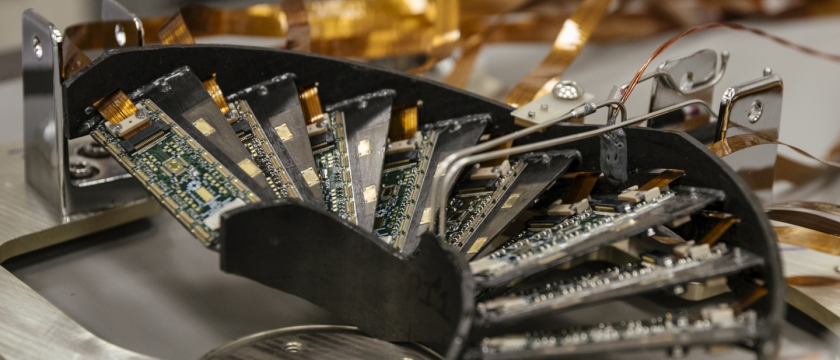
…
March 2021 - May 2021
For more than two decades, a number of coordinated initiatives in Europe have targeted the fundamental and technological issues associated with the development and exploitation of the most advanced detectors for particle physics research. From the…
Read MORE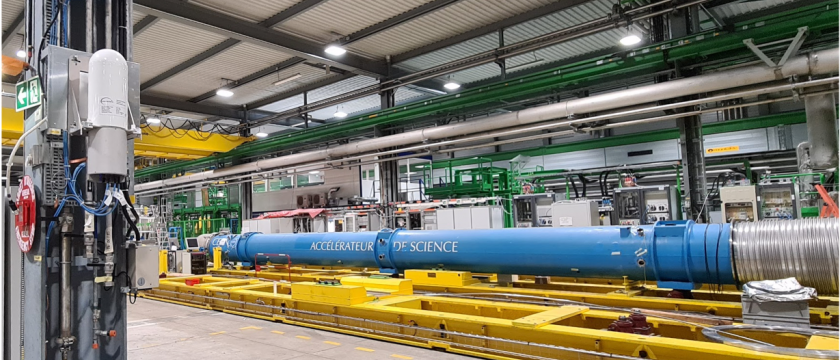
…
March 2021 - May 2021
CERN has the legal obligation to protect the public and the people working on its premises from any unjustified exposure to ionising radiation. In this context, radiation monitoring is one of the main tasks of the Radiation Protection Group.…
Read MORE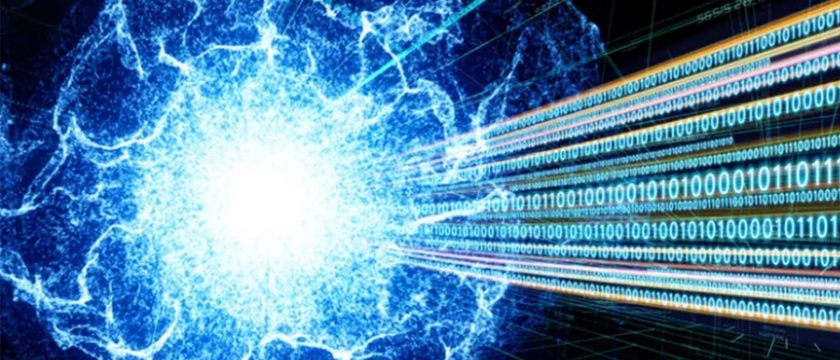
…
March 2021 - May 2021
Among the sciences, particle physics has the luxury of having a well established theoretical basis. Often we focus on the elementary particles and model them mathematically with quantum field theories like the Standard Model. In order to compare…
Read MORE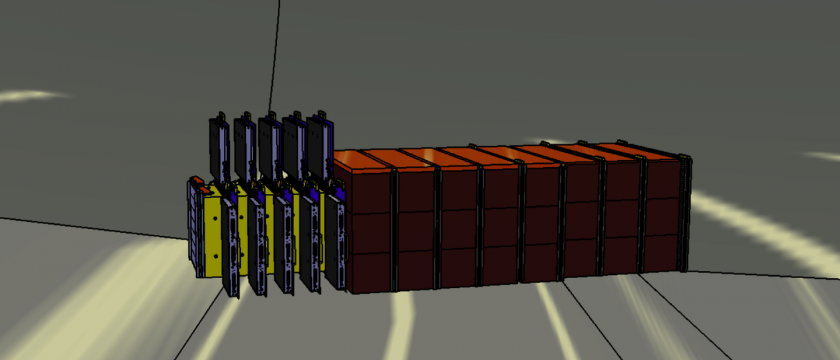
…
March 2021 - May 2021
SND@LHC is a newly proposed, compact and stand-alone experiment to perform measurements with neutrinos produced at the LHC in a hitherto unexplored pseudo-rapidity range of 7.2 < 𝜂 < 8.6, complementary to all the other experiments at the…
Read MORE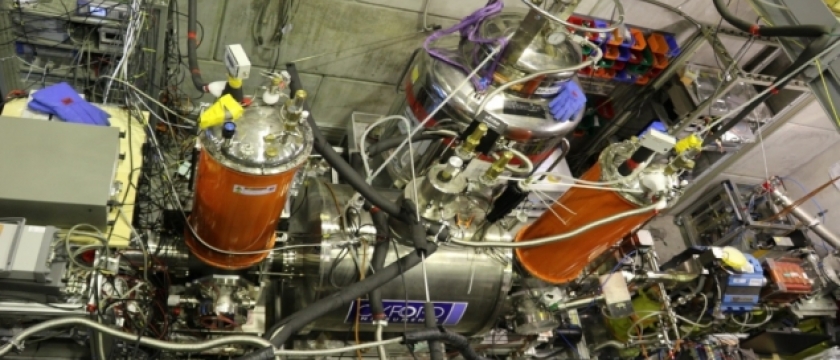
…
March 2021 - May 2021
In a recent work published in Physical Review Letters [1], the Baryon Antibaryon Symmetry Experiment (BASE) at CERN has placed new limits on a possible coupling between photons and hypothetical axionlike dark matter particles with masses…
Read MORE
…
March 2021 - May 2021
The Alpha Magnetic Spectrometer, AMS, is a particle physics detector operating on the International Space Station (Figure 1) since May 2011 with the aim to address long-standing open questions in fundamental physics, such as the matter-…
Read MORE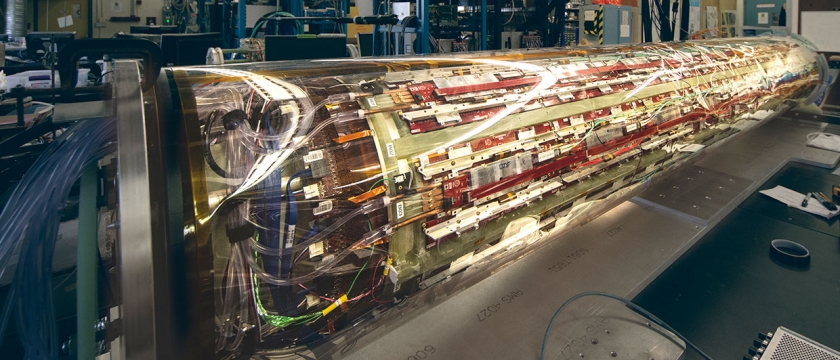
…
March 2021 - May 2021
Stuff falls down. This is the universal experience we all have with the gravitational interaction of matter on Earth. Yet one may still wonder if this holds true in the case of the most elusive stuff you can imagine dropping: antimatter. Might it be…
Read MORE
…
December 2020 - February 2021
The four main LHC collaborations (ALICE, ATLAS, CMS and LHCb) have unanimously endorsed a new open data policy for scientific experiments at the Large Hadron Collider (LHC), which was presented to the CERN Council today. The policy commits to…
Read MORE

